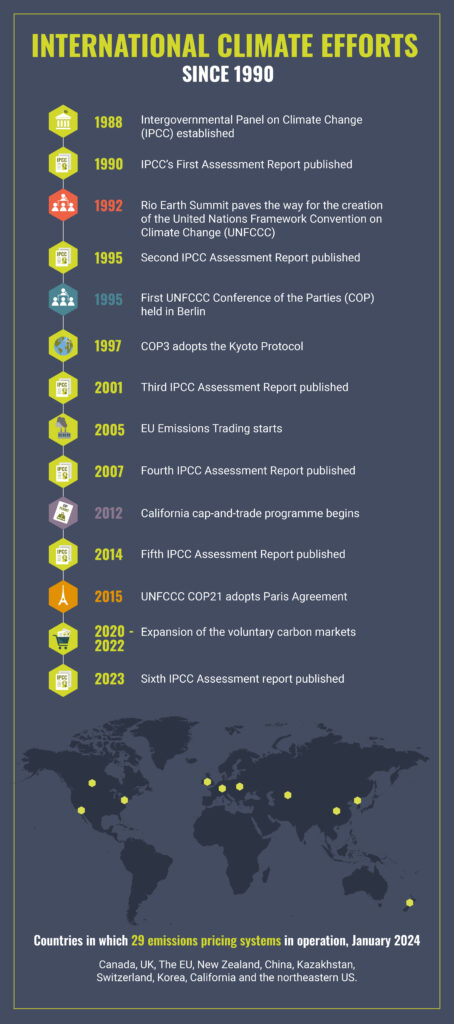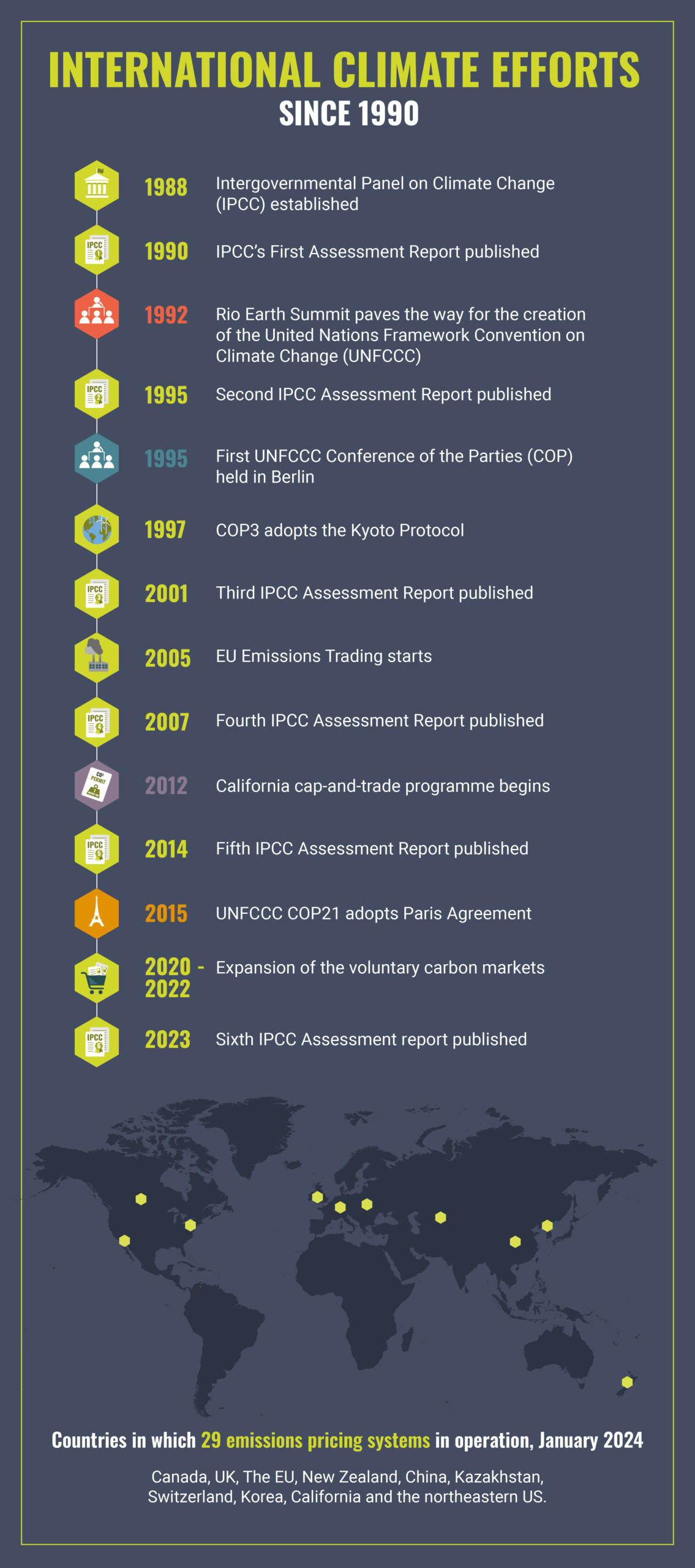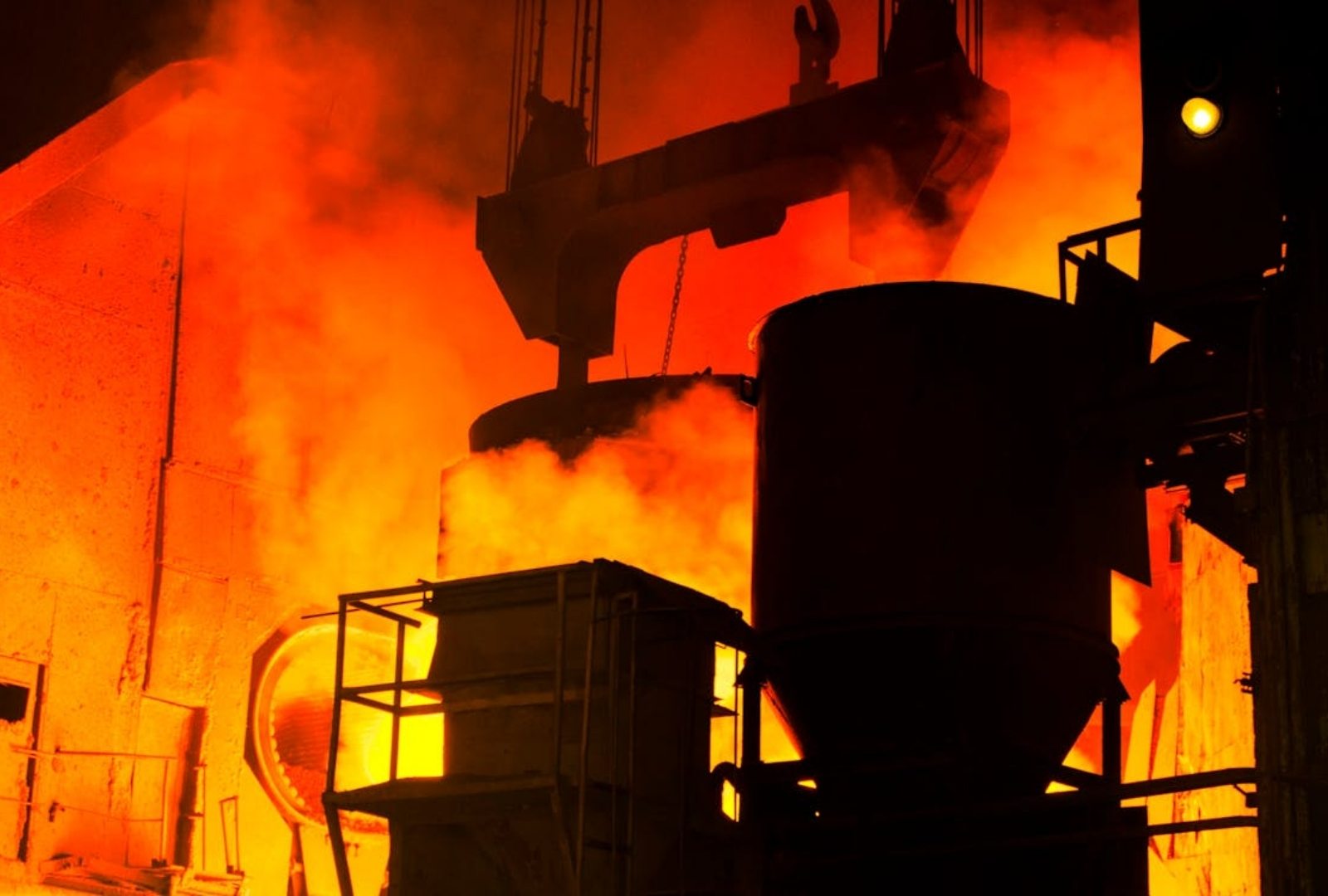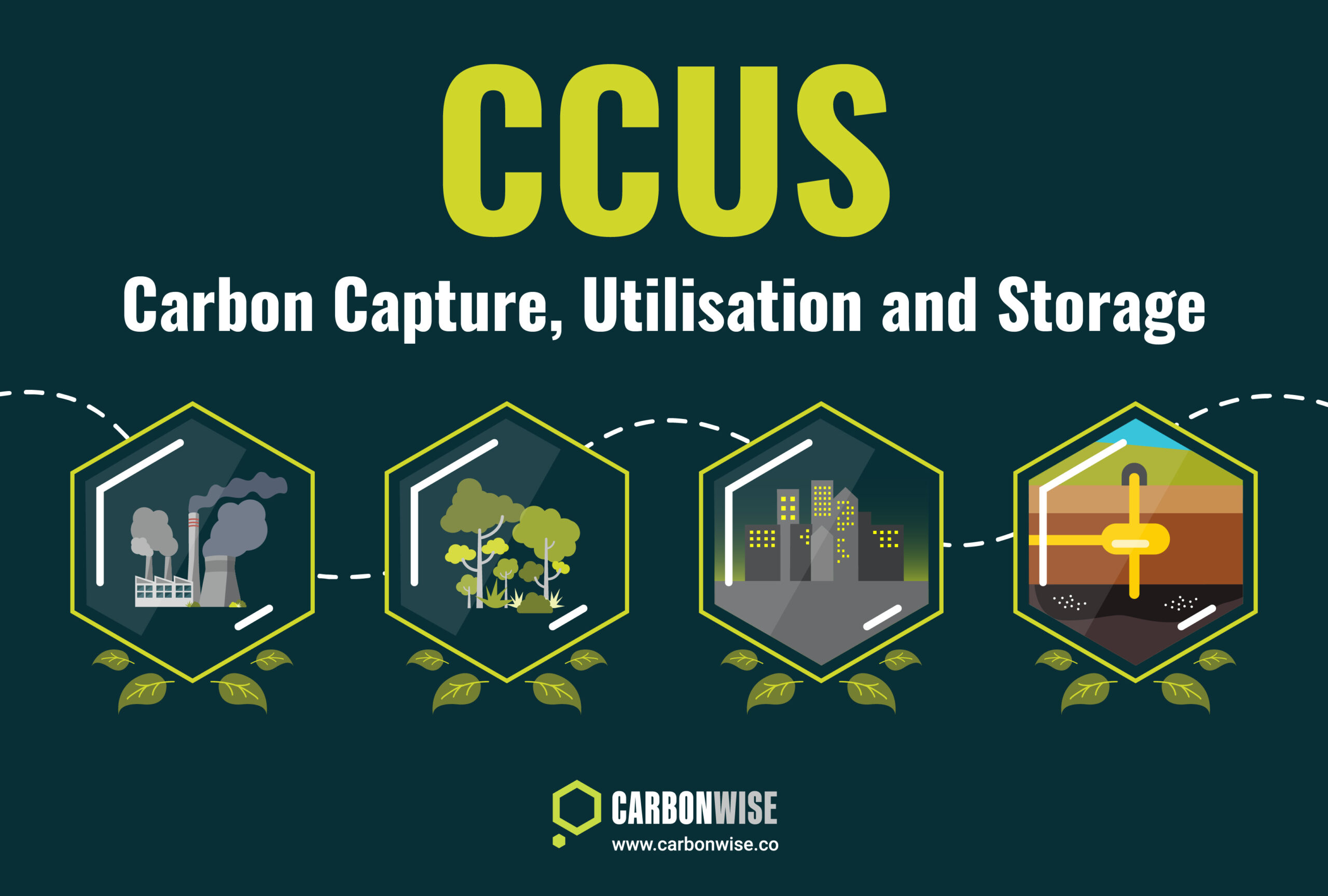
Climate efforts since 1990 have centred around the United Nations process, while in parallel, the scientific understanding of climate change has advanced, and been widely disseminated, through the IPCC’s regular reports.
While the collective climate ambition has increased at a pace that many regard as too slow to meet the challenge, the UN process necessarily involves consensus among more than 190 countries. This also means that decisions that do occur at the UN enjoy widespread support from governments and are likely to stick.
Under the umbrella of UN climate goals, countries have responded individually and in groups, to deliver supporting policy frameworks such as emissions trading systems, carbon taxes, direct emissions regulation and support for low carbon energy, transport and industrial processes.
The climate negotiating process is alive, renewable energy costs have fallen and carbon pricing continues to expand globally with new carbon markets emerging in many of the fast-growing economies while older more established carbon markets continue to expand their coverage into new sectors.








